Achieving and maintaining a healthy weight is a common goal for many individuals, but navigating the complex world of nutrition can be overwhelming. From fad diets to conflicting nutrition advice, finding a sustainable approach to weight management can feel like an uphill battle. Nutritional counseling offers a personalized and evidence-based approach to help individuals make informed choices about their diet, improve eating habits, and achieve their weight loss goals. In this article, we’ll explore how nutritional counseling can play a pivotal role in successful weight management.

Understanding Nutritional Counseling:
Nutritional counseling involves working with a registered dietitian or nutrition professional to assess dietary habits, set realistic goals, and develop personalized nutrition plans tailored to individual needs and preferences. Unlike one-size-fits-all diet plans, nutritional counseling takes into account factors such as age, gender, activity level, medical history, food preferences, cultural background, and lifestyle habits to create a customized approach to nutrition.
Benefits of Nutritional Counseling for Weight Management:
- Personalized Approach: One of the key advantages of nutritional counseling is its personalized nature. A registered dietitian can assess individual dietary habits, identify areas for improvement, and develop a customized nutrition plan that aligns with specific weight loss goals, dietary preferences, and lifestyle factors.
- Evidence-Based Guidance: Nutritional counseling is grounded in evidence-based principles of nutrition science. Registered dietitians stay abreast of the latest research and guidelines in nutrition and can provide accurate, science-backed information to help individuals make informed choices about their diet.
- Behavior Change Support: Sustainable weight management involves more than just changing what you eat; it also requires modifying eating behaviors and habits. Nutritional counseling provides support and guidance to help individuals identify and address underlying factors that contribute to overeating, emotional eating, or unhealthy eating patterns.
- Education and Empowerment: Nutritional counseling empowers individuals to take charge of their health by providing education and practical skills to make healthier food choices. By understanding the nutritional content of foods, reading food labels, and learning portion control strategies, individuals can make informed decisions about their diet and foster long-term behavior change.
- Accountability and Support: Regular meetings with a registered dietitian provide accountability and support throughout the weight loss journey. Having a knowledgeable and supportive professional to guide and encourage progress can increase adherence to dietary recommendations and improve outcomes.
- Long-Term Success: Unlike quick-fix diets that promise rapid weight loss but often lead to regain, nutritional counseling focuses on sustainable lifestyle changes that promote long-term success. By addressing underlying factors contributing to weight gain and teaching individuals skills for healthy eating and behavior change, nutritional counseling sets the stage for lasting results.
Nutritional counseling is a valuable resource for individuals seeking to achieve and maintain a healthy weight. By providing personalized guidance, evidence-based recommendations, behavior change support, education, and accountability, nutritional counseling empowers individuals to make sustainable changes to their diet and lifestyle. Whether you’re looking to lose weight, improve your eating habits, or manage a medical condition, working with a registered dietitian can help you navigate the complexities of nutrition and achieve your health and wellness goals.
Ready to book an appointment? CLICK HERE

